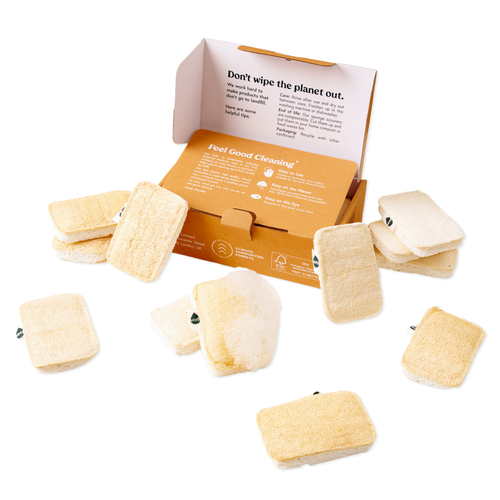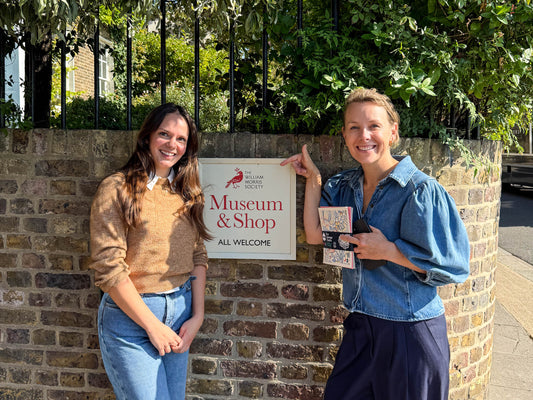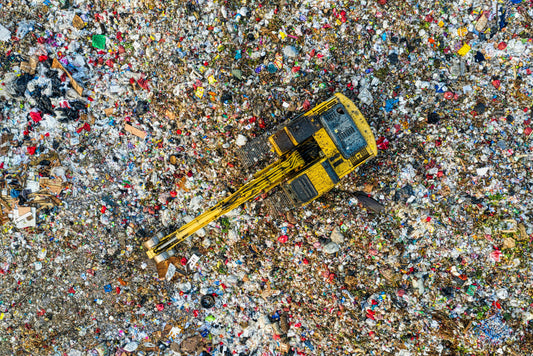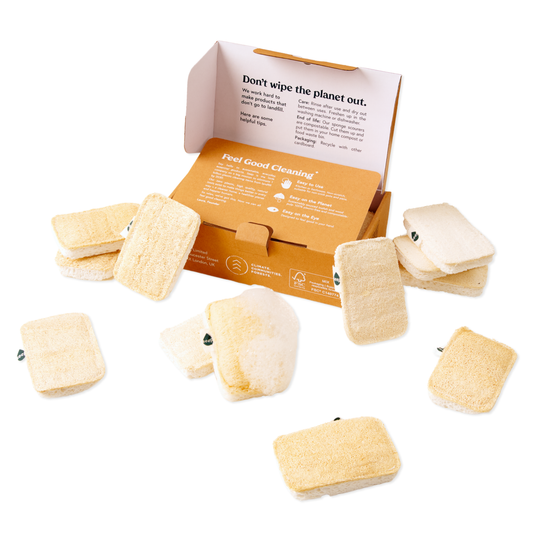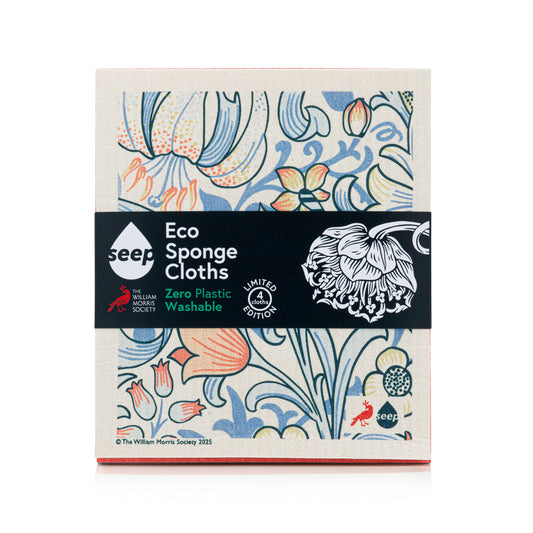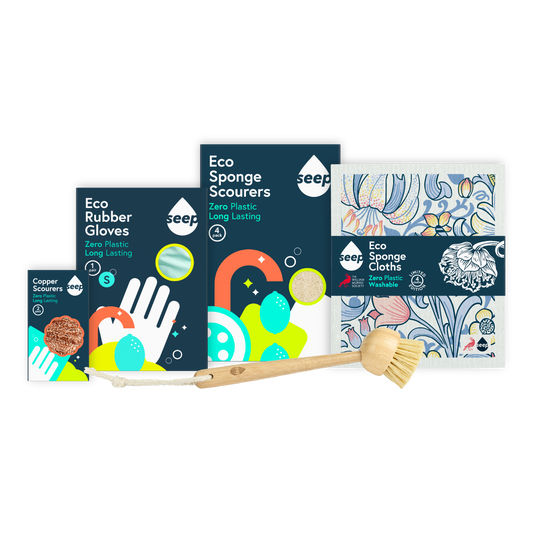
Biodegradable: Breaking Down The Basics
What Does Biodegradable Mean?
A product labelled as biodegradable can be broken down by natural processes and organisms, such as fungi or bacteria. Given the right conditions, biodegradable products will decompose relatively quickly, certainly faster than traditional plastic-based products.
The Problem with "Biodegradable"
While it sounds straightforward, the term "biodegradable" lacks a universal definition. Technically, everything is biodegradable given enough time – whether it takes a year or a thousand years.
Potential Drawbacks
-
Timeframe: The time it takes for a product to biodegrade can vary significantly, and some materials may still persist in the environment for extended periods.
-
Toxins: Some biodegradable products can leave behind harmful toxins like microplastics and metal residues. As The Guardian reported in 2016, plastic bottles and bags labelled "biodegradable" may be a "false solution" to plastic pollution.
Biodegradable products are a step up from traditional plastics, but they are not a perfect solution.
Compostable: A Deeper Dive
Defining Compostable
Like "biodegradable," "compostable" also has multiple definitions. However, the Ellen MacArthur Foundation provides a clear and useful definition: composting is the "breakdown of organic matter to produce soil with high organic content."
The Benefits of Compostability
Compostable materials are certified to break down completely and quickly, leaving behind no harmful residues. They enrich the soil with nutrients, supporting healthy plant growth.
How to Compost
-
Home Composting: If you have a garden, you can compost items like Seep sponges and cloths, garden cuttings, and food scraps in a compost bin.
-
Industrial Composting: Many local councils collect food waste and process it in industrial composting facilities, which break down materials faster than home composting. Check to see if your council offers this service and lobby them if they don’t.
Always check labels carefully. Some products labelled as compostable will only degrade in industrial composting facilities.
Biodegradable vs Compostable: Which is the Better Choice?
| Feature | Biodegradable | Compostable |
|---|---|---|
| Definition | Can be broken down by natural processes | Breakdown of organic matter to produce soil |
| Residue | May leave harmful toxins | Leaves no harmful residues |
| Environmental Impact | Better than traditional plastic, but not perfect | Enriches soil with nutrients |
| Composting | May not require specific conditions | Requires a compost bin or industrial composting facility |
While both options are better than traditional plastics, compostable is generally the better choice. Compostable products break down faster and enrich the soil, offering a more sustainable solution. Understanding the difference between biodegradable and compostable is crucial for making informed purchasing decisions. By choosing compostable products whenever possible and properly disposing of them, we can all contribute to a healthier planet.
